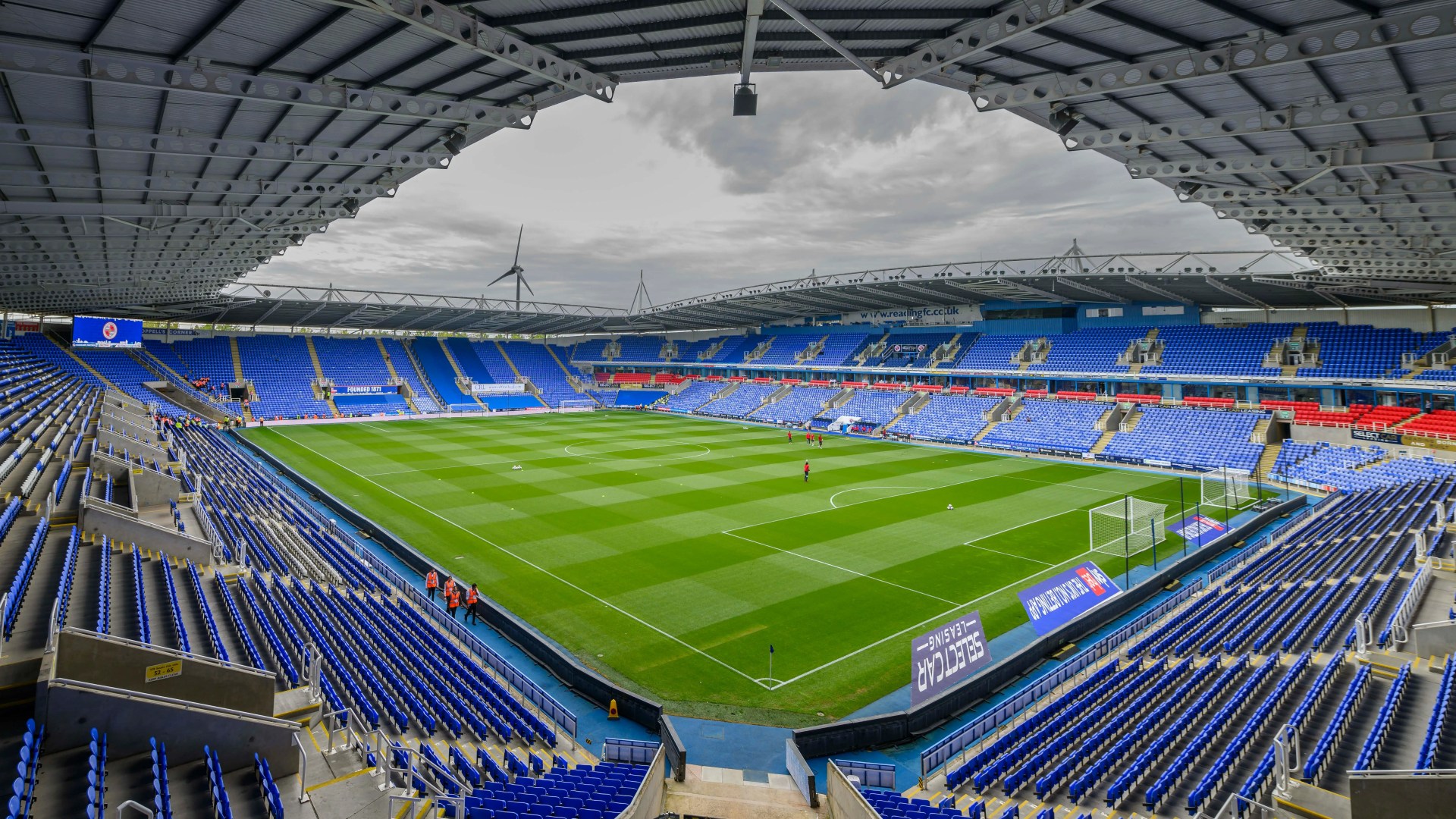Football Fan Protests: The Mental Health Impact and Wrexham's Story
Football, a global passion, often brings communities together. However, the intense emotions associated with the sport can also fuel protests, sometimes with significant consequences for the mental wellbeing of fans involved. This article explores the link between football fan protests and mental health, highlighting the unique narrative of Wrexham AFC and the broader implications for fan engagement and club management.
The Pressure Cooker of Fandom:
The emotional rollercoaster of supporting a football club is well-documented. Wins bring elation, while losses can trigger deep disappointment and frustration. This inherent volatility intensifies during periods of upheaval, such as poor performance, controversial ownership decisions, or perceived injustices from governing bodies. These situations can serve as catalysts for fan protests, often expressed through marches, boycotts, or even more disruptive actions.
Mental Health Implications:
Engaging in protest, even if motivated by positive intentions, can take a toll on mental health. The stress of organizing demonstrations, facing potential confrontation with authorities or opposing fans, and navigating the uncertainty of the outcome can contribute to:
- Increased anxiety and stress levels: The pressure to make a difference and the potential for negative consequences can be overwhelming.
- Feelings of isolation and powerlessness: Fans may feel their voices are unheard, leading to feelings of disconnection and frustration.
- Sleep disturbances and physical health problems: The emotional toll can manifest physically, impacting sleep, appetite, and overall wellbeing.
- Exacerbation of pre-existing mental health conditions: For individuals already struggling with mental health issues, the stress of protest can significantly worsen their condition.
Wrexham AFC: A Case Study in Fan Engagement:
Wrexham AFC's recent resurgence, documented in the popular docuseries "Welcome to Wrexham," provides a compelling case study. While not directly featuring large-scale protests, the club's journey highlights the importance of effective fan engagement in mitigating potential conflict and protecting fan mental wellbeing. The club's owners, Ryan Reynolds and Rob McElhenney, have actively fostered a strong relationship with the fanbase, fostering a sense of community and shared ownership. This proactive approach likely reduces the likelihood of large-scale protests driven by feelings of alienation or neglect.
Positive Fan Engagement Strategies:
Clubs can proactively address the mental health implications of fan protests through strategies such as:
- Open and transparent communication: Regular updates and honest dialogue with fans can build trust and prevent misunderstandings.
- Dedicated fan forums and feedback mechanisms: Providing avenues for constructive dialogue allows fans to express their concerns and contribute to decision-making.
- Community initiatives and outreach programs: Fostering a sense of belonging and shared identity can help build resilience and prevent extreme reactions.
- Mental health awareness campaigns: Educating fans about the mental health implications of protest and providing access to support services is crucial.
Moving Forward:
The relationship between football fans and their clubs is complex and emotional. While protests are sometimes necessary to effect change, it's essential to acknowledge and address the potential impact on fan mental health. By fostering open communication, proactive fan engagement, and a culture of mutual respect, football clubs can create a more positive and supportive environment for all involved. The Wrexham story demonstrates that a strong relationship between a club and its supporters can mitigate the risk of harmful protests and create a more harmonious and healthy football community. This proactive approach benefits not only the mental wellbeing of fans but also the long-term success and stability of the club itself.
Call to Action: What are your thoughts on the relationship between fan protests and mental health in football? Share your experiences and suggestions in the comments below.

